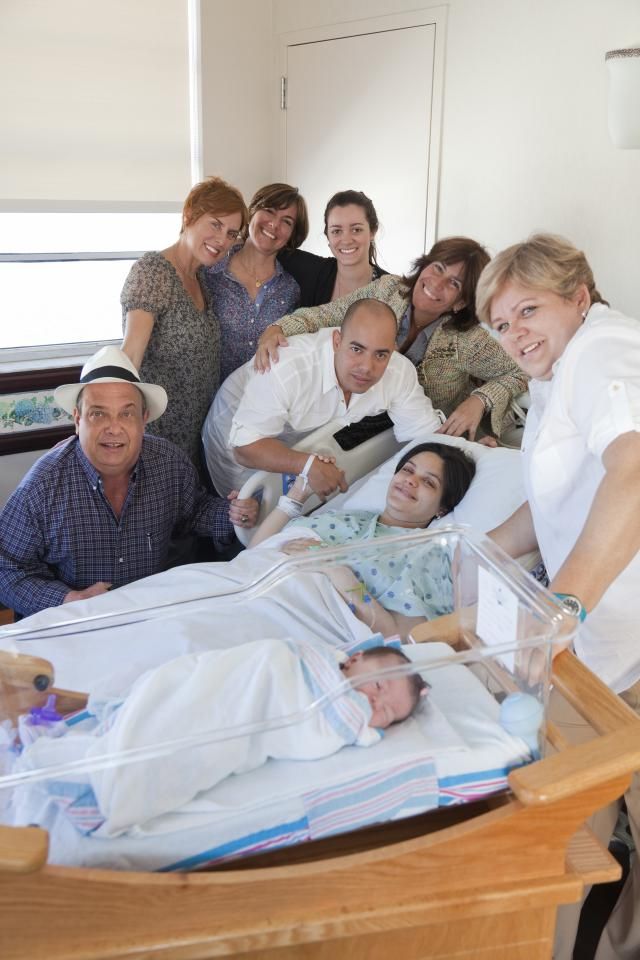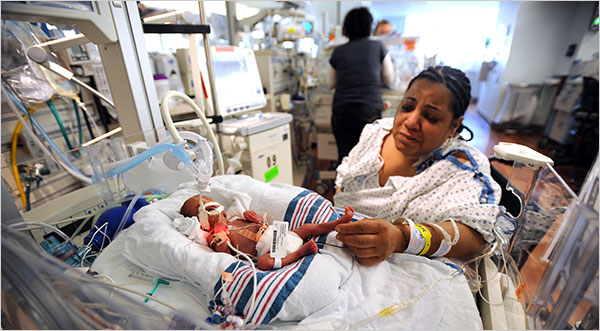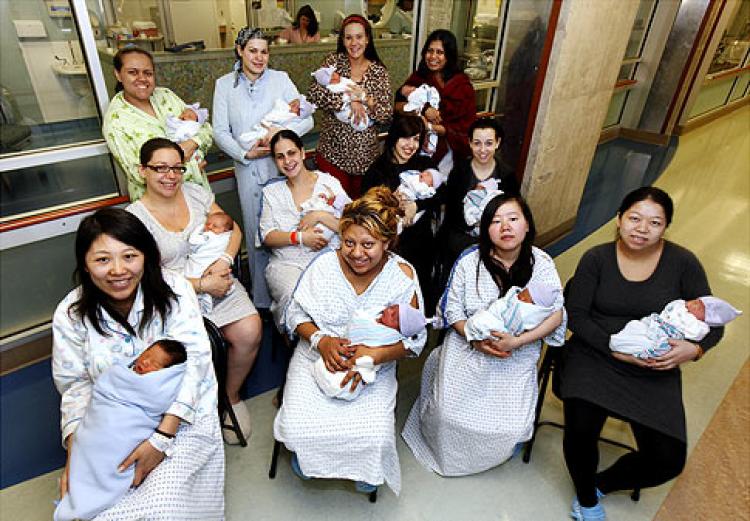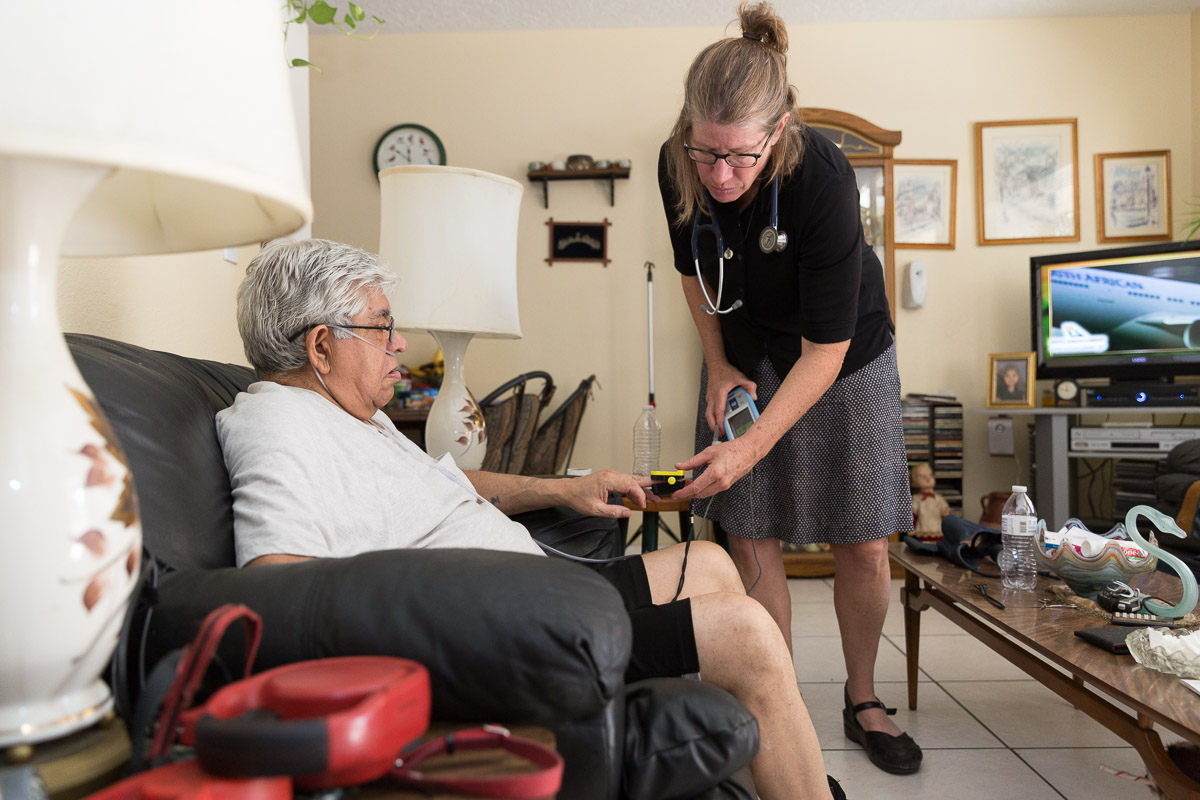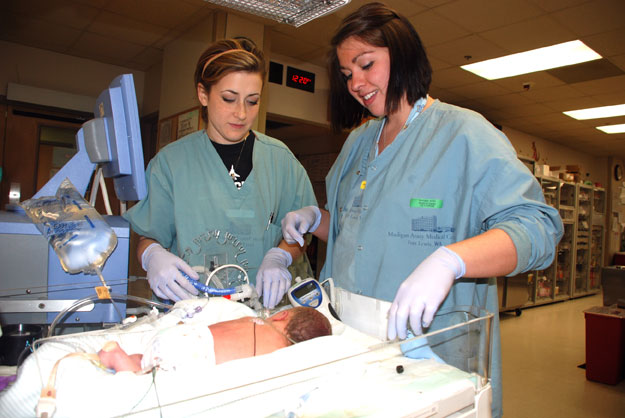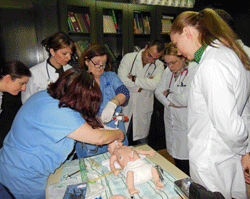My awareness of critical perspective has expanded beyond the arena of where I work, it has involved my charity The Gift of Life and my wedding business 27 Miracles. I started out my nursing career working in a high risk labor and delivery unit. In labor and delivery you meet all kinds of people from different walks of life, different religions, different ethnicities and socioeconomic status. During a critical time such as labor when there is pain, this is when you learn about other people’s cultures and how pain is perceived by them. As a nurse we learn about those different cultures through experience so that when we do encounter them, we can understand what level of privacy and respect they need.
My husband and I own a wedding and event planning business called 27 Miracles. Through the years we have become well known in our town for working with ethnic weddings from different countries as well as interracial. It has allowed me as an individual to learn many cultures and be able to show respect for other cultures and their ways of communicating. It is a beautiful thing to see love spoken and expressed in so many different languages and cultures through music, food and traditions.
I have learned through my nursing experiences and my wedding experiences how to appreciate people more and take interest in who they are as a person. As nurses we get busy when we work on the floor or in an office and talk about our patients as just another number because we are in a hurry. Even on our busy days, we need to stop along the road and take a moment to say hello to our patients, provide a gentle touch to their hand or shoulder, and a listening ear. These are all part of critical perspectives or as I like to call it cultural awareness.
Many say that the parents of premature babies experience preterm birth because the parent did something wrong, they smoked, drank, did drugs or a teen age pregnancy caused the premature birth. Although some of those reasons may be true, there is another side to prematurity that people do not think about. The mother that develops maternal illnesses like Diabetes and Hypertension, or the baby that for some reason starts developing intrauterine growth retardation and it is unsafe for him or her to be inside the womb. It is very easy to judge when you don’t know the situation or have never experienced it, but as nurses we need to develop ways of thinking that allows us to be aware about ourselves and those around us (Gotzlaf & Osborne, 2010).
Working with a population of parents that have premature babies, has shown me that premature birth happens all over the world. Premature birth limits no race, religion or economical status. Our job as a nurse is to be aware of the different cultures and take the time to learn about their culture and how you can work with that person.
References
Gotzlaf, B. A., & Osborne, M. (2010). A Journey of Critical Consciousness: An Educational Strategy for Health Care. International Journal of NursingEducation Scholarship, 7(1), 1-15. http://dx.doi.org/ 10.2202/1548-923X.2094


